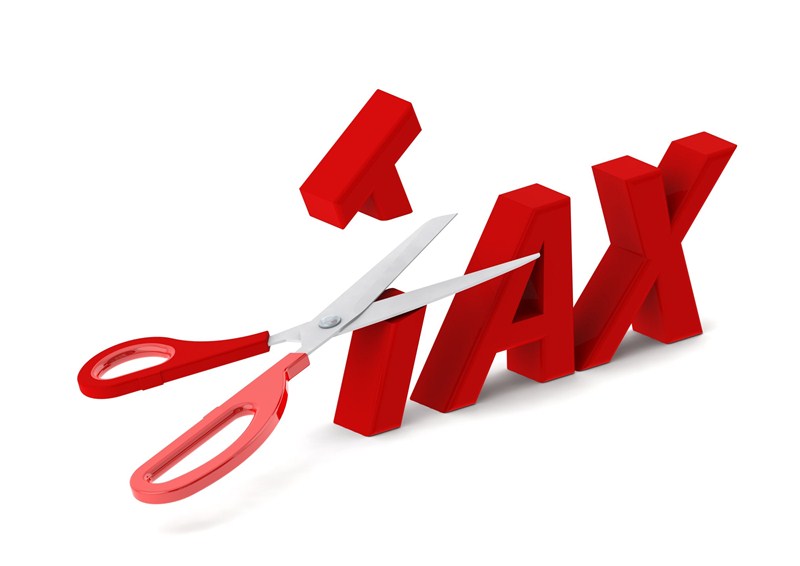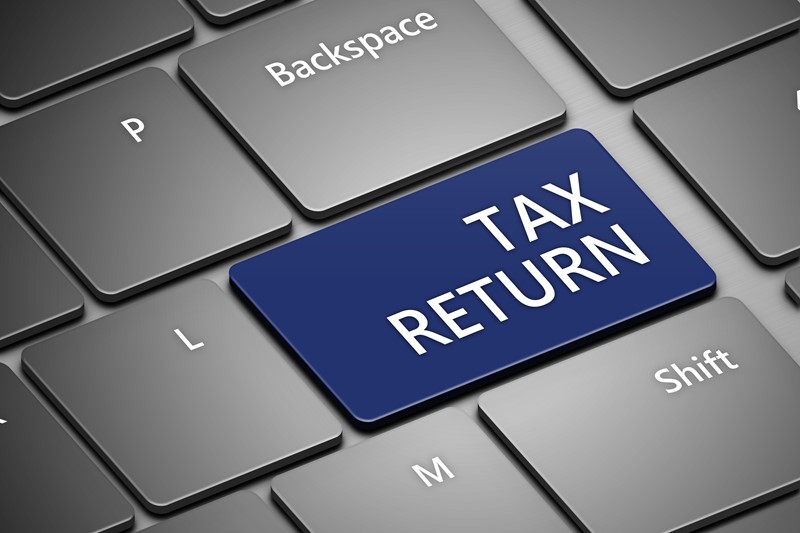UK motorists will be protected at the pumps under tough new powers that will shine a light on any attempt from retailers to unfairly hike up fuel prices.
Under new amendments tabled on 15 November 2023, to the Digital Markets, Competition & Consumers Bill, the CMA will become the body responsible for closely monitoring road fuel prices and reporting any sign of malpractice to the government. The move aims to help improve competition in the market, making sure customers across the country are given a fair choice of prices when they buy fuel.
Fuel retailers, including supermarkets, will be forced to come clean on how much they are charging customers on their forecourts versus their profits. Those that fail to comply could face a fixed fine from the watchdog of up to 1% of their worldwide turnover, or an ongoing fine of up to 5% of daily turnover.
The Energy Security Secretary has cautioned retailers that she will not hesitate to hold them to account, if there is any evidence of unfairly hiking up prices and holding back savings from UK motorists.
The warning follows a report from the CMA earlier this year that revealed some supermarkets had failed to pass on savings in oil prices – charging drivers 6p more per litre for fuel, which amounted to £900 million in extra costs in 2022 alone. It forms the latest step in the government’s drive to halve inflation and reduce costs for families across the country.












